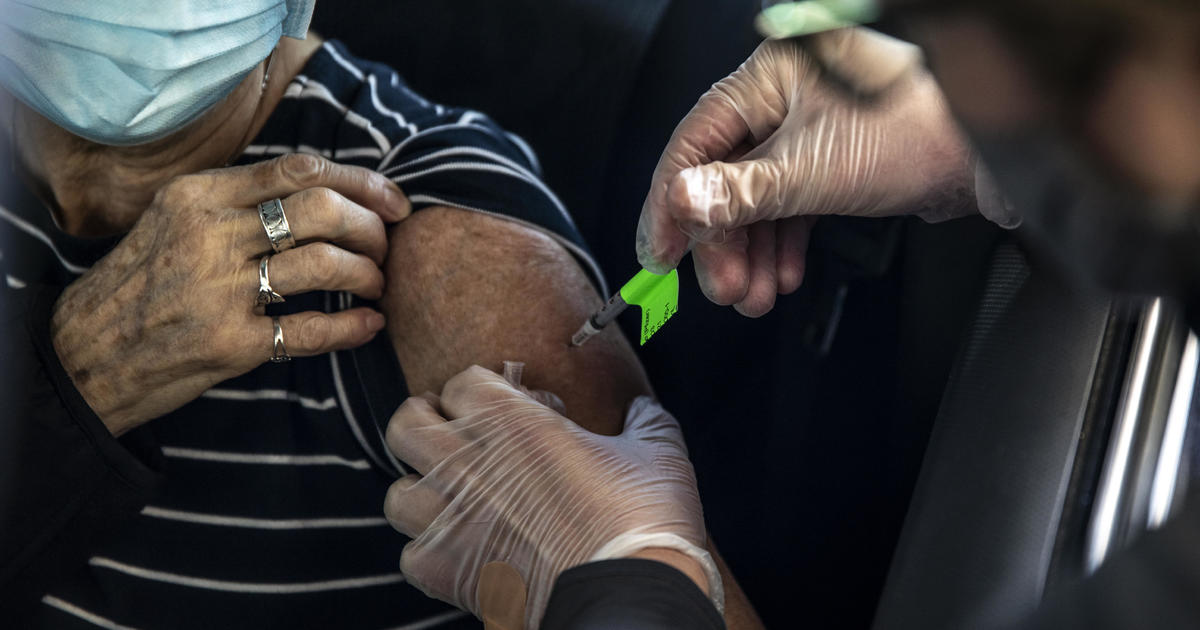The Biden administration has awarded millions of dollars to combat fear and misinformation in communities of color that have indicated they are concerned about the safety of the COVID-19 vaccine. In the past three weeks, the Centers for Disease Control and Prevention have awarded more than $ 17 million to various organizations that plan vaccine education, according to the Department of Health and Human Services funding database.
Fifteen organizations that defend blacks, Hispanics, Asians and Native Americans have received funds to boost the educational reach of the COVID-19 vaccine. UnidosUS and the National Urban League received the largest grants, of $ 3.2 million and $ 2 million dollars, respectively.
People of color are more likely to contract COVID-19 than white people, and blacks, Hispanics and Native Americans are two to three times more likely to require hospitalization, according to CDC data.
Even with these rates, white Americans are being vaccinated at a much higher rate than other racial minorities. As of February 22, more than 19 million people were fully vaccinated, 65% of whom are white, according to CDC data. About half of the states maintain records with demographic information.
The Biden administration did not comment on CDC funding for the outreach efforts, but an HHS official confirmed the coordinated disclosure.
Before any COVID-19 vaccine was developed, vaccine hesitation was more prominent among black Americans. A Pew Research Center survey last fall found that only 42% planned to be vaccinated, compared with 63% of Hispanics and 61% of white adults. The survey noted that English-speaking Asian Americans are more likely to receive a vaccine, with 83% saying they would.
Mistrust in the health area persists in communities of color, due in part to medical maltreatment committed in the past by the federal government. Two of the most serious abuses have occurred in the past 50 years: the Tuskegee syphilis study, which has targeted black men for more than 40 years; and the sterilization of thousands of Native American women without their consent by the Indian Health Service in the 1970s.
The nonprofit arm of the Conference of National Black Churches received $ 1.56 million to encourage its parishioners to be vaccinated.
“Black churches have more contact with blacks, even during the pandemic, than any other organization in the country,” said Dr. Jacqui Burton, president of the conference. “Even if we are not in our buildings, we are still worshiping and providing religious services.”
The conference hopes the money will help its efforts to provide vaccines in its churches as well.
In the coming weeks, this will be a “health ministry … that will touch people’s lives and put vaccines in their arms,” said AME bishop Adam J. Richardson.
Other organizations are focused on filling a language gap for reliable information.
The Asian & Pacific Islander American Health Forum is set to use its $ 1.8 million prize to resolve the “digital divide” in Asian American communities and offer additional simplified vaccination instructions in less-spoken but critical languages like Samoan , Marshallese and Chuukese, said CEO Juliet K. Choi.
Choi also said that online vaccine messages will be prominent on popular communication platforms like WeChat, WhatsApp and KaKao.
Overcoming the language barrier is also a priority for the Association of American Indigenous Doctors, a group that received a $ 950,000 grant. Since tribal nations are sovereign, they can choose who to vaccinate. In some places, such as the Cherokee nation, vaccinations are prioritized for those responsible for the language.
“One of the essential ways to sustain us is to maintain our language and our traditions,” the association’s president, Dr. Mary Owen, told CBS News. “They know that this is closely involved in maintaining our health.”
If vaccinated in this evangelism, individuals can use another recent purchase from the Immunization Action Coalition’s CDC: $ 1 million in buttons and stickers that promote the “I Got My COVID-19 Vaccine” message.
Max Bayer and Alex Tin contributed to this report.
